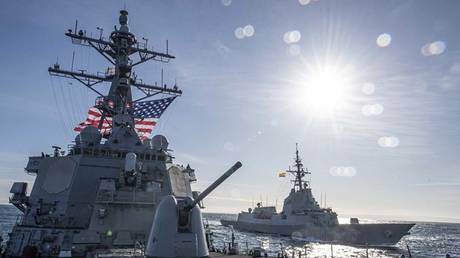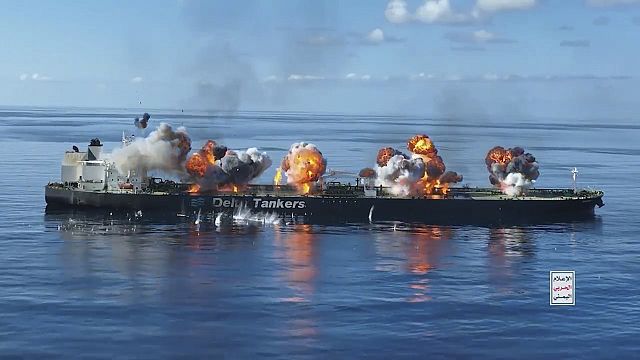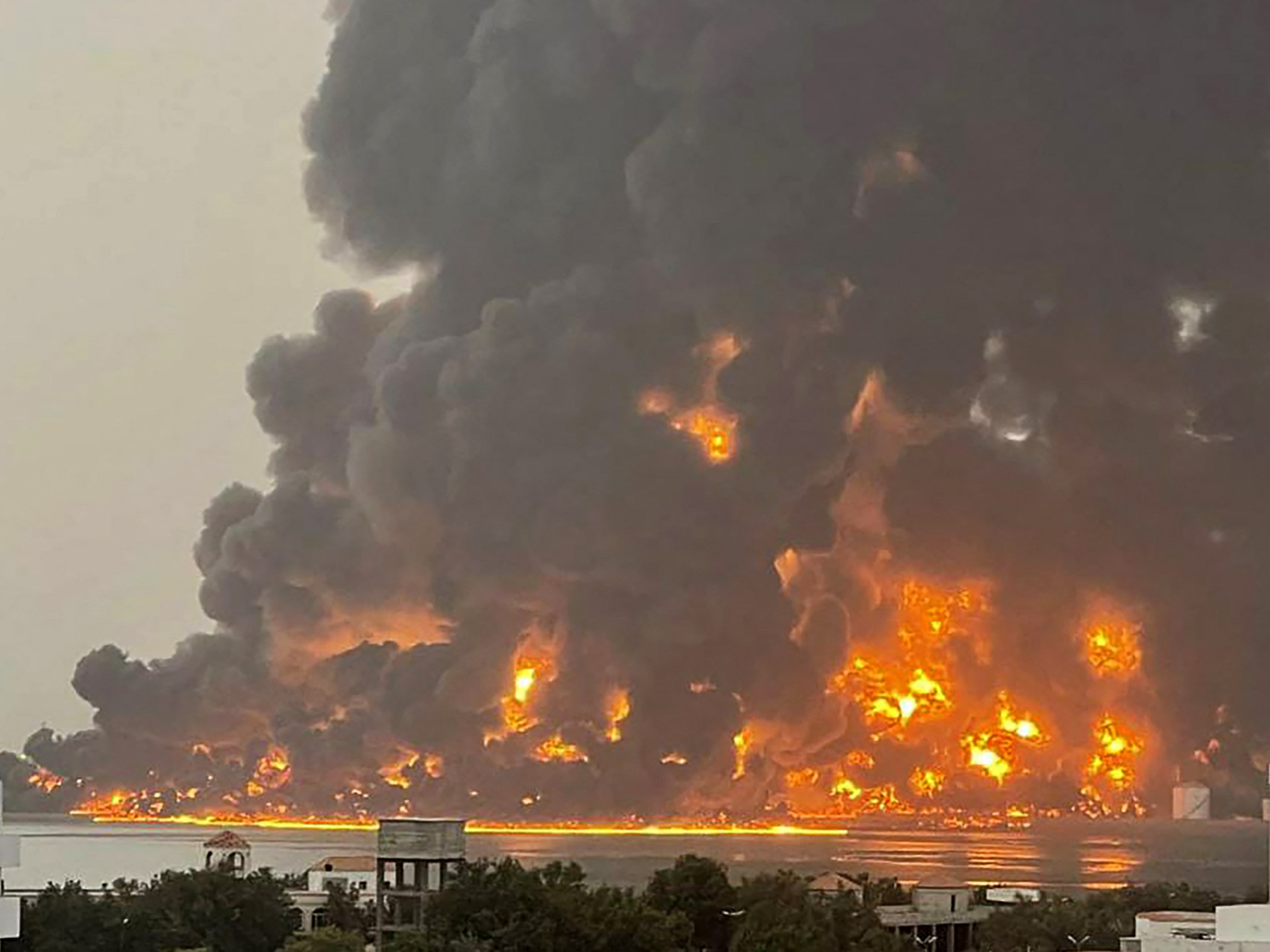The Escalating Threat of Houthi Attacks in the Red Sea: Implications for Global Trade
The Red Sea has long been a vital artery for international trade, facilitating the movement of goods between Europe, Asia, and beyond. However, recent escalations in hostilities, particularly from the Iran-backed Houthi rebels in Yemen, have raised serious concerns about maritime security and global supply chains. This article delves into the implications of these attacks, the response from international forces, and the potential impact on global trade.
Understanding the Houthi Threat
The Houthi rebels, officially known as Ansar Allah, have been active in Yemen’s ongoing civil war since 2014. Initially focused on regional conflicts, their recent actions have expanded to include attacks on commercial vessels in the Red Sea. This shift marks a significant escalation, with the Houthis targeting ships regardless of their affiliations, which poses a direct threat to international shipping and maritime security.
Since mid-November, the U.S. military has reported at least 23 attacks on vessels in the Red Sea attributed to Houthi forces. These incidents have raised alarms among shipping companies and governments alike, leading to increased military presence in the region.
The Recent Escalation
The situation escalated dramatically when a container ship issued a distress call, reporting an attack by Houthi militants. U.S. Navy helicopters from the aircraft carrier Eisenhower and the USS Gravely were deployed in response, successfully sinking three of the militants’ boats. This incident underscores the rising frequency and boldness of Houthi attacks, which have now targeted civilian shipping in an area crucial for global trade.
You may be interested
The Houthi military’s spokesperson claimed that these actions are a form of resistance against perceived aggressions, particularly in light of the ongoing Israel-Hamas conflict. As tensions in the region continue to rise, the Houthis have positioned themselves as defenders of Yemeni sovereignty and critics of Western involvement.
Impact on Global Trade
The Red Sea is a critical route for global shipping, with approximately 12% of the world’s trade passing through this region. The escalation of Houthi attacks threatens to disrupt this vital trade route, resulting in significant economic consequences. Shipping companies are already re-evaluating their routes, with many opting to bypass the Red Sea altogether, which can lead to increased shipping times and costs.
- Increased Shipping Costs: Rerouting vessels around Africa’s Cape of Good Hope adds significant travel time and fuel costs—potentially extending voyages by up to two weeks.
- Insurance Premiums: The risk associated with shipping through the Red Sea has led to a rise in insurance premiums for vessels operating in the area, further straining shipping logistics.
- Economic Disruption: Countries reliant on imports through the Red Sea, particularly energy-dependent nations, may face economic challenges as shipping delays impact their supply chains.
International Responses
In response to the escalating crisis, the U.S. has increased its military presence in the region. The establishment of protective measures, including naval escorts for commercial vessels and enhanced surveillance, aims to deter further Houthi attacks. However, the effectiveness of these measures remains to be seen.
The U.S. has also called for international cooperation to address the threat posed by the Houthis. A coordinated response involving multiple nations could enhance maritime security. However, the challenges of ensuring safety in such a volatile region complicate international efforts.
Future Outlook: Risks and Considerations
The ongoing hostilities in the Red Sea present several risks for global trade and regional stability. As the Houthi attacks continue, the potential for a wider conflict increases, which could involve not only regional players but also international powers. The implications for global trade are profound, with potential delays and increased costs threatening economic stability.
Furthermore, the humanitarian impact of the ongoing conflict in Yemen cannot be overlooked. As the Houthis escalate their attacks, the civilian population in Yemen continues to suffer from a humanitarian crisis exacerbated by the war and economic sanctions.
The recent escalation of Houthi attacks in the Red Sea poses a significant threat to global trade. As shipping companies reevaluate their routes and military responses increase, the implications for economic stability and maritime security are profound. It is crucial for the international community to remain vigilant and proactive in addressing these challenges to ensure the safety of one of the world’s busiest shipping routes.











